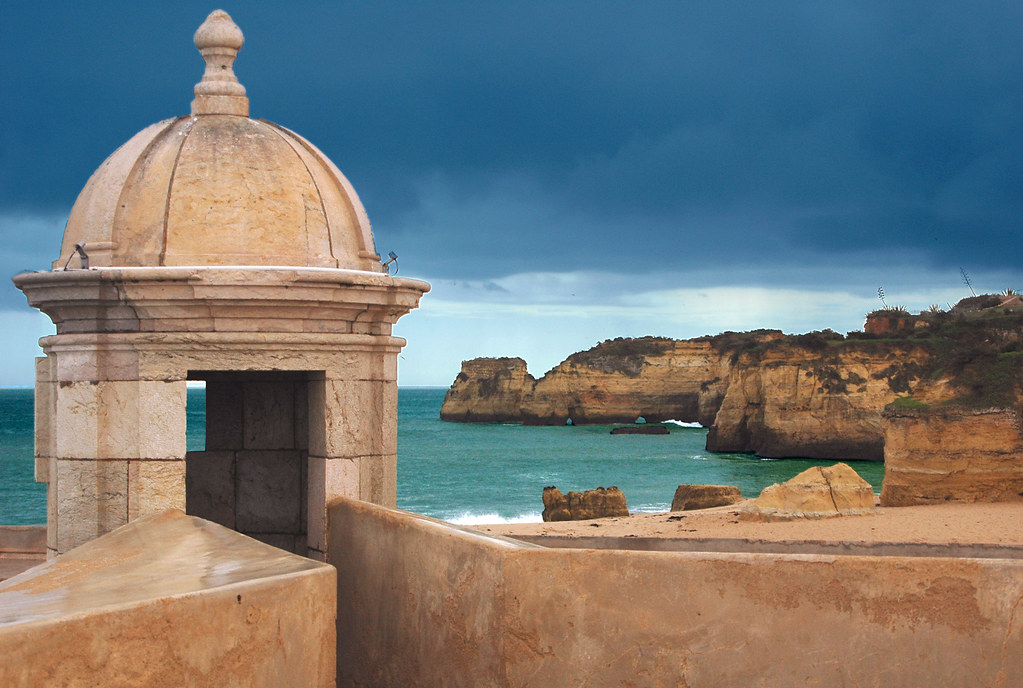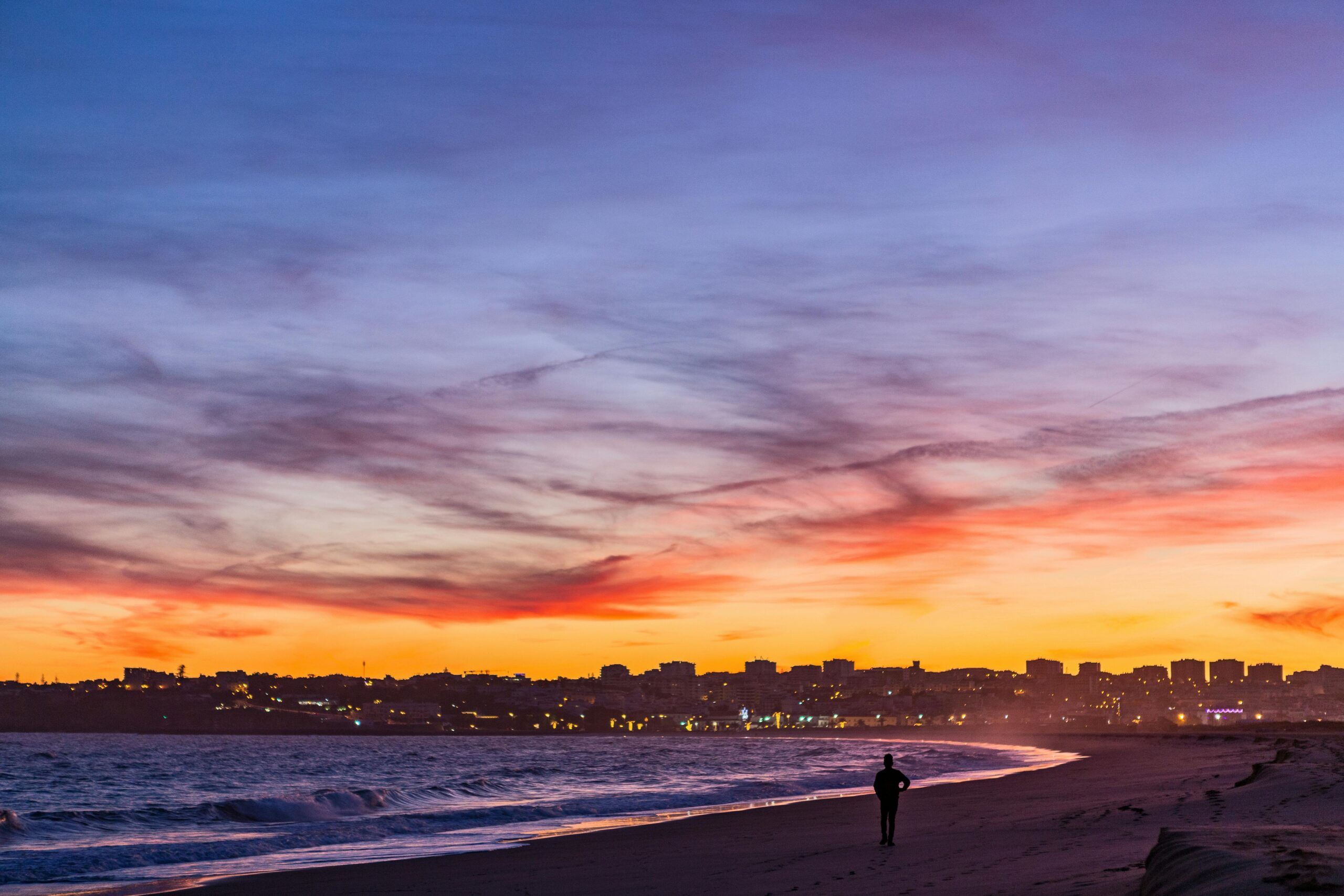Welcome to Lagos, a charming city full of history, where the crystal-clear waters of the Atlantic Ocean embrace the rich cultural heritage that characterizes its streets, beaches, and caves made up of rock formations. For history lovers, Lagos is a treasure trove full of fascinating narratives dating back centuries.
With stunning landscapes and a unique atmosphere, this coastal town in the Algarve offers an enriching experience of historical discovery.
The origins
The city of Lagos traces its origins back to the small streams that originated in the Espinhaço de Cão, forming lagoons bordered by sand dunes. These places were rich in fish and bivalves, and quickly became attractive ports that conquered various peoples, becoming an appealing trading point.
Over the years, Lagos witnessed the passage of Phoenicians, Greeks, and Carthaginians, and, later, Romans, Moors and Portuguese disputed its domain. Under Roman rule, the city was called Lacóbriga and was later called Zawiya (or Zawaia) by the Arabs. In 1249, during the reign of King D. Afonso III, Lagos was definitively integrated into Portuguese territory.
The most marked influence, however, came from the Arab civilization, which profoundly shaped the experience of future generations. To this day, we can see the linguistic, cultural, and architectural traces left by the influence of these people.
The Age of Discovery
During the Age of Discovery in the 15th century, Lagos gained notoriety as a starting point for some of the most daring expeditions in history. Under the command of figures such as Prince Henry the Navigator, Portuguese explorers set off from the shores of Lagos to explore distant lands and open up sea routes that would connect cultures all over the world. It was from this city that Gil Eanes, the hero of the Bojador, set sail, and here was the point of entry for Africa’s first riches, such as gold, silver and ivory.
The Elevation to City
In 1573, Lagos was elevated to the status of a city by order of King Sebastião, making it the seat of the Bishopric and the capital of the entire Kingdom of the Algarve.
However, the golden years ended with the earthquake of 1755, which ruthlessly destroyed the city, and the years that followed were marked by misery and decay. However, it slowly got back on its feet and with the help of its most valuable resource, the sea, it emerged from the ruins.
The Pointed Fortress
Over the centuries, Lagos has often been the target of invasions. However, enclosed within its walls, today Lagos is one of the most welcoming shelters on the Portuguese coast.
The walls (a national monument), built during the reigns of King Manuel I, King João II and King Filipe I, completely covered the city to defend it from possible invasions.
On the other hand, outside the walls, the Ponta da Bandeira Fortress was built, which has stood the test of time and offers visitors a fascinating view of the city’s defenses.

A Tourist Destination Rich in History
While Bom Dia Boat Trip explores the waters of Lagos on exciting sea trips, we can’t help but appreciate the rich history that this city has to offer. Today, Lagos is one of the most sought-after cities in the Algarve for its golden sandy beaches, crystal-clear waters, the scenic beauty of its bay and its architectural legacy.
For adventurers looking for an experience that combines the picturesque with the historic, Lagos is the perfect destination. Embark on a sea tour with us and discover the stories that the waves of the Atlantic have hidden for centuries, entering a lively and exciting journey by the sea.
Follow us on our social networks Facebook and Instagram to keep up to date with all our news!
If you prefer to discover the lakes and the natural wealth of our coastline, visit us and take our most complete trip, the Baía Lagos.
